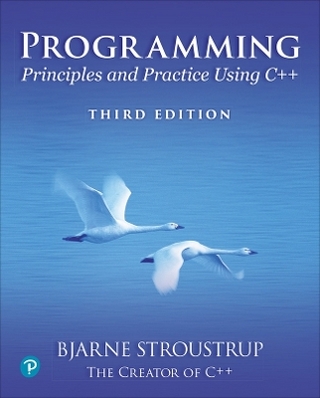
Prototype-based Programming
Springer-Verlag Berlin and Heidelberg GmbH & Co. K
978-981-4021-25-8 (ISBN)
- Titel ist leider vergriffen;
keine Neuauflage - Artikel merken
A typical argument in favor of prototypes is that people seem to be much better at dealing with specific examples first, then generalizing from them, than they are at absorbing general abstract principles first and later applying them in particular cases. This book presents the history and development of prototype-based programming and describes a number of prototype-based programming languages and applications. Such range from programs for portable digital appliances, graphical user-interface management systems for desktop and workstations, and cutting edge research on software visualisation and program restructuring. The book will be suitable for advanced software development practitioners, graduate students, and researchers active in the field.
Concepts and History: Classes vs. Prototypes: Some Philosophical and Historical Observations; Classifying Prototype-based Programming Languages; The Stripetalk Papers: Understandability as a Language Design Issue in Object-Oriented Programming Systems; Classes versus Prototypes in Object-Oriented Languages.- Languages: Programming as an Experience: The Inspiration for Self; NewtonScript: Prototypes on the Palm; The Prototype-Instance Object Systems in Amulet and Garnet; Omega: Statically Typed Prototypes. Research and Applications: Self text includes: Smalltalk; Using Prototypes for Program Restructuring; Prototype-Based Programming for Abstract Program Visualisation; Agora: The Simplest MOP in the World - or - The Scheme of Object-Orientation.
| Erscheint lt. Verlag | 1.5.1999 |
|---|---|
| Verlagsort | Berlin |
| Sprache | englisch |
| Maße | 159 x 248 mm |
| Gewicht | 476 g |
| Themenwelt | Mathematik / Informatik ► Informatik ► Betriebssysteme / Server |
| Informatik ► Software Entwicklung ► Objektorientierung | |
| ISBN-10 | 981-4021-25-3 / 9814021253 |
| ISBN-13 | 978-981-4021-25-8 / 9789814021258 |
| Zustand | Neuware |
| Haben Sie eine Frage zum Produkt? |
aus dem Bereich


